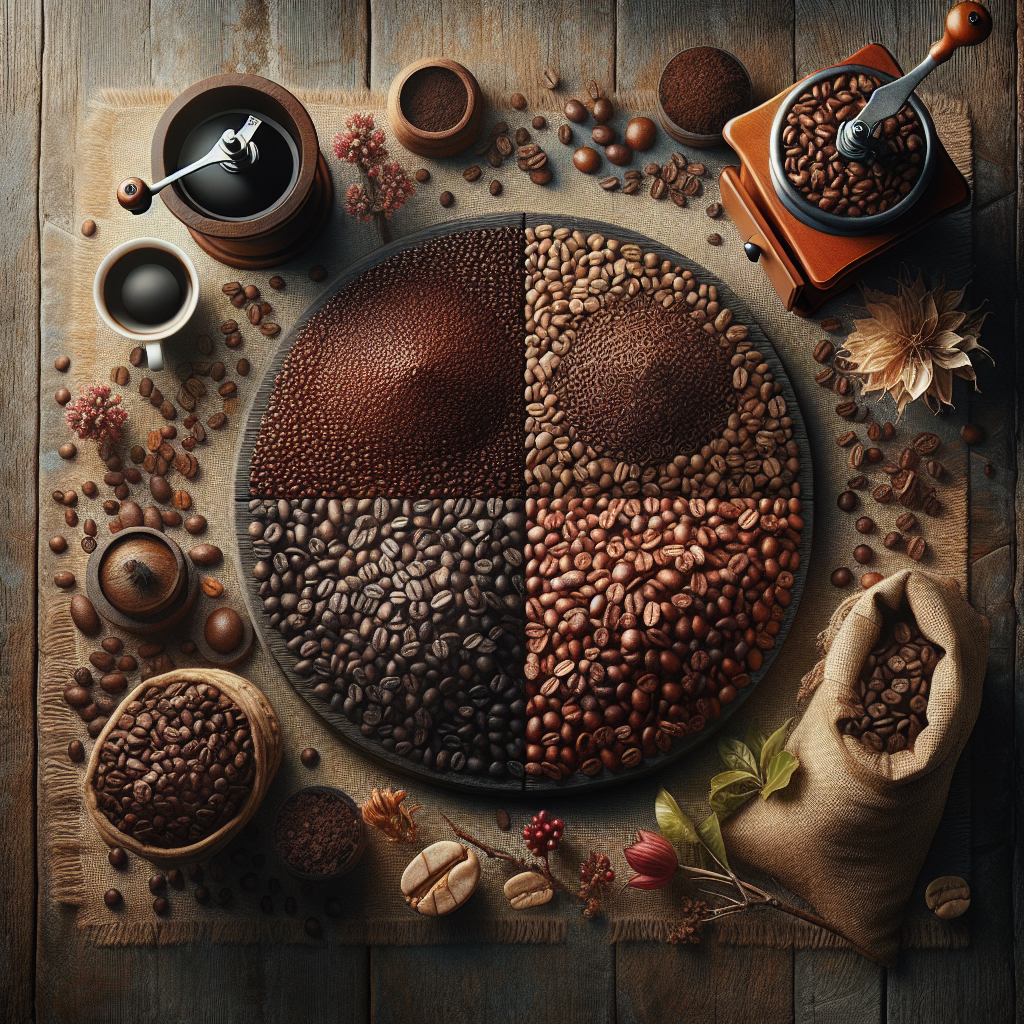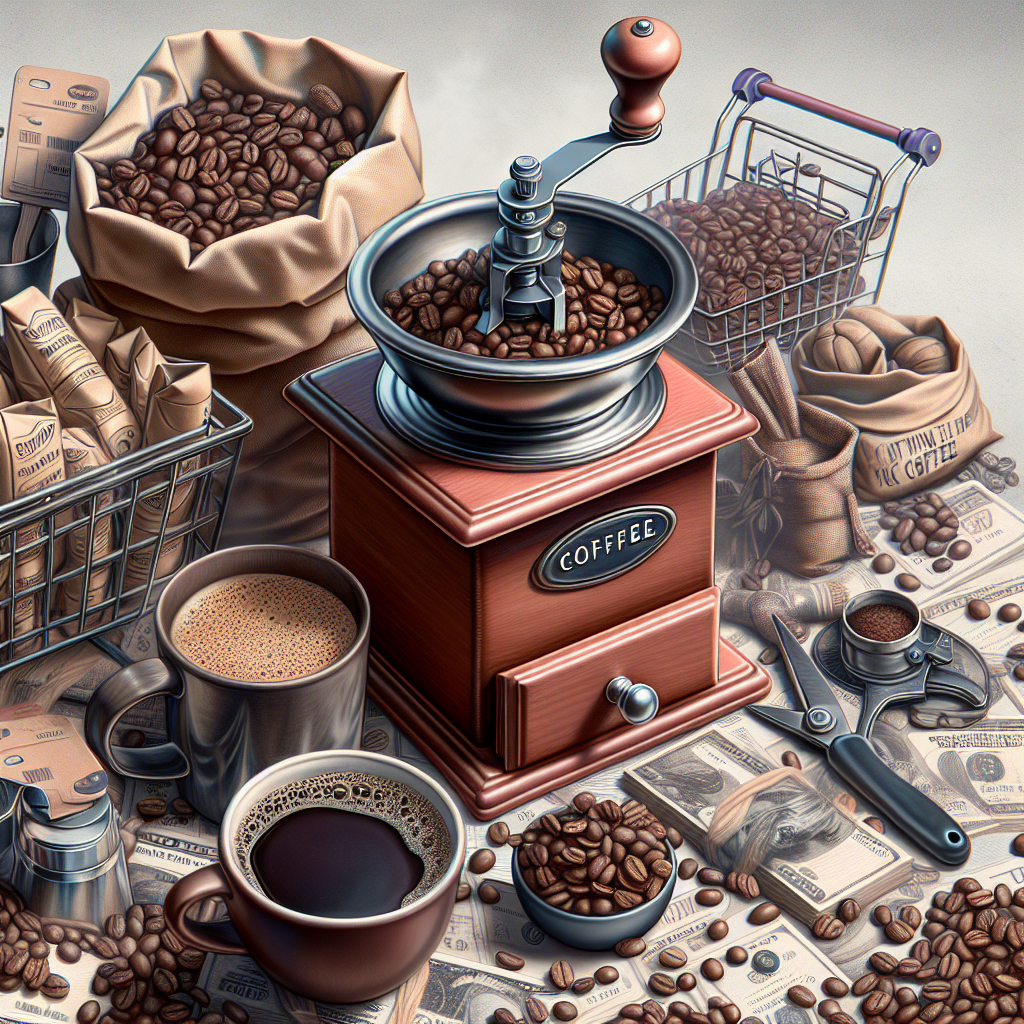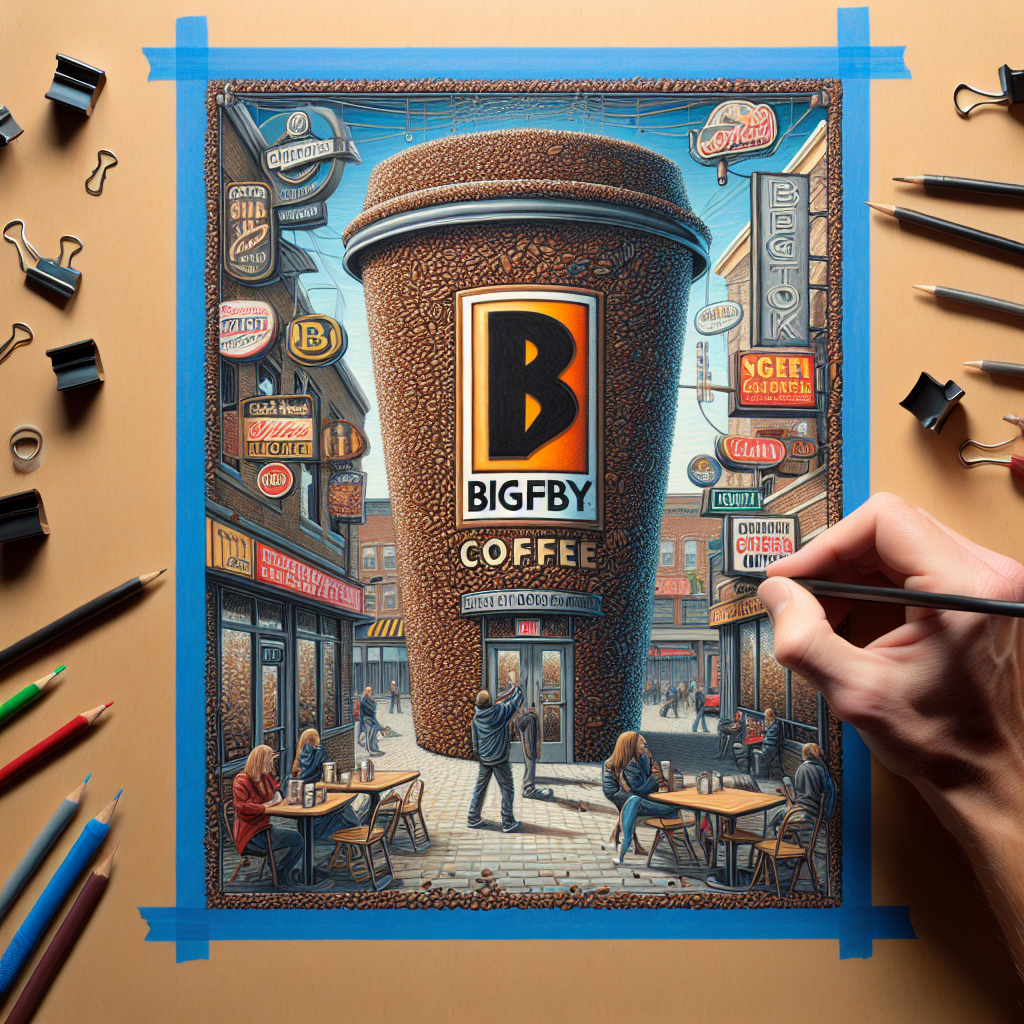Introduction
When you step into a 7 Brew Coffee shop, the aroma of freshly brewed coffee greets you like a warm embrace on a chilly morning. This beloved coffee chain has rapidly grown in popularity across the United States, but a question often lingers in the minds of many – is 7 Brew Coffee religious? Let’s embark on a journey to uncover the roots, values, and community impact of 7 Brew Coffee.
- The Origin Story
- Core Values and Beliefs
- Community Involvement
- Dispelling Myths and Misconceptions
- Key Takeaways
- FAQ
- Conclusion
The Origin Story
Every great brand has an origin story that sparks curiosity and admiration. For 7 Brew Coffee, it began with a vision as invigorating as their signature brews. Founded in [founding year], by [founder’s name], the brand aimed to create a unique coffee experience. But does this origin have religious undertones?
Contrary to what some might assume, 7 Brew Coffee’s inception was not rooted in any religious doctrine. Instead, it was born out of a passion for crafting exceptional coffee and creating a space where communities can come together, fostering a sense of belonging and joy.
Core Values and Beliefs
Diving deeper into the heart of 7 Brew Coffee, we find an array of core values that steer its operations. These values are akin to the rich layers of flavor found in a perfect cup of coffee – harmonious and impactful. The company prides itself on:
- Excellence: Striving for the highest quality in every cup.
- Community: Building connections one brew at a time.
- Inclusivity: Creating a welcoming environment for all.
These guiding principles reflect a commitment to inclusivity and excellence rather than any specific religious affiliation. They aim to bring people together over a shared love for coffee, much like a communal gathering around a bonfire in the crisp autumn air.
Community Involvement
In the realm of community involvement, 7 Brew Coffee shines brightly. Their initiatives extend beyond mere business operations, reaching into the very fabric of the neighborhoods they serve. From sponsoring local events to supporting charitable causes, their efforts are like the ripples created by a pebble thrown into a still pond – far-reaching and impactful.
For instance, their partnership with local schools and community centers demonstrates a commitment to education and youth development. This approach not only builds trust but also reinforces their dedication to community growth and well-being.
Dispelling Myths and Misconceptions
Despite their transparent values and mission, some myths persist regarding 7 Brew Coffee’s religious ties. It’s essential to distinguish between genuine community-driven actions and assumptions about religious affiliations.
To clarify, while 7 Brew Coffee may support various community initiatives that happen to be religiously affiliated, this does not imply that the brand itself subscribes to any particular religion. Rather, their focus remains steadfast on fostering community spirit and unity through their love for coffee.
Key Takeaways
- 7 Brew Coffee was founded with a passion for exceptional coffee and community building.
- The company’s core values emphasize excellence, inclusivity, and community over religious affiliation.
- Community involvement is a cornerstone of their operations, supporting educational and charitable causes.
- Myths about religious ties often stem from misinterpretations of their community-focused initiatives.
FAQ
1. Is 7 Brew Coffee affiliated with any religion?
No, 7 Brew Coffee is not affiliated with any religion. Their primary focus is on providing high-quality coffee and fostering community connections.
2. Why do people think 7 Brew Coffee is religious?
This misconception likely arises from their extensive community involvement, which sometimes includes partnerships with religious organizations. However, these partnerships are focused on community support rather than religious affiliation.
3. What are 7 Brew Coffee’s main values?
Their main values include excellence, community, and inclusivity.
Conclusion
As we close our exploration into the essence of 7 Brew Coffee, it’s clear that this beloved chain is driven by a fervor for coffee and community rather than religious doctrines. Like the intricate dance of flavors in their finest brews, their mission is to create spaces where everyone feels welcome and valued.
In essence, 7 Brew Coffee is about connection – one cup at a time.
Who is the parent company of 7 Brew Coffee?














